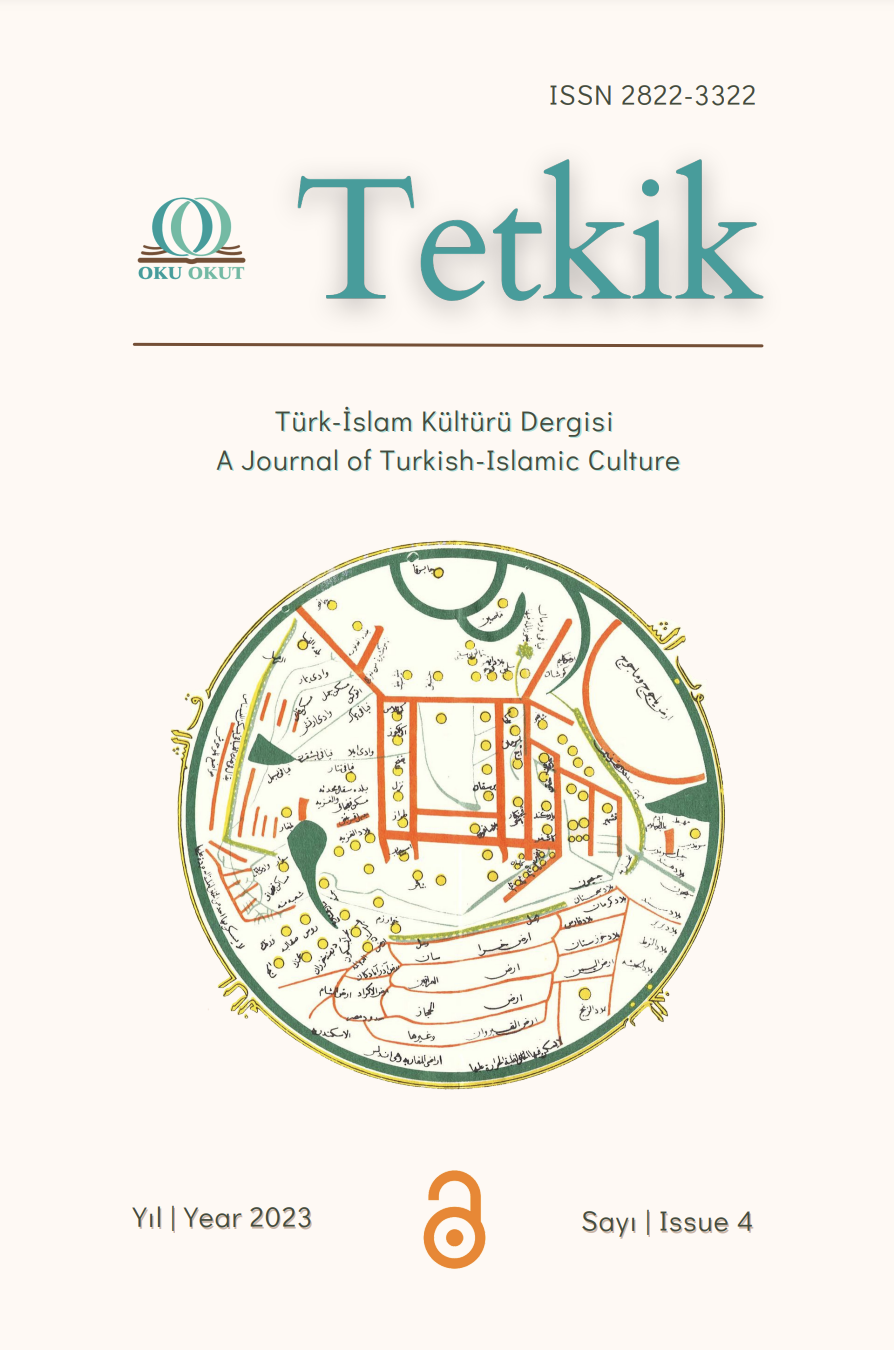Tefsir Tarihinde Elitizmin İzini Sürmek: Taberî Örnekliğinde Tahlil Denemesi
On the Traces of Elitism in the History of Tafsīr: An Attempt to Analyse in the Example of al-Ṭabarī
Author(s): Ayşe UzunSubject(s): Islam studies, Qur’anic studies
Published by: Oku Okut Yayınları
Keywords: Tafsīr; Qur’an; Ṭabarī; Status; Ṭabaqāt; Elite;
Summary/Abstract: Qur'anic commentaries are texts in which subjectivity is manifested in terms of language, content and methodological differences. One of the most important factors determining the subjectivity of the exegete (mufassīr) is his biological and intellectual life story. The life story is a wide range of contents that includes the social ties of the exegete such as his family, teachers, and students; the geography where he grew up, his scholarly studies, the places he traveled for this purpose, the political power that ruled in the temporal interval in which he lived, the critical events that took place in the historical process, and the cultural environment that shaped the person; and access to knowledge, livelihood concerns, and status that surround the person. The subject of this article is the relationship between some of the content in the those mentioned above and the texts that are being produced. More specifically, the paper aims to traces the elitism in the history of tafsīr and examines the relationship between the status of the exegete in his period and the his text. In order to concretise the issue of status and elite with the data obtained from biographical dictionaries, the example of Abū Ja'far Muhammad b. Jarīr al-Ṭabarī (d. 310/923) was chosen. In the article, which is prepared with a qualitative method by considering the historiography of tafsīr from the perspective of social history, theoretical discussions and conceptual framework are predominant, but the practical dimension of the issue is also touched upon. The portrait of Ṭabarī is the first stage of the practical dimension of the article. The second stage is to follow the exegete's explanation and emphasis in interpreting verses with economic content in Ṭabarī's tafsīr. We find various information about Tabari's attitude towards the ruling elite, never accepting a gift that he could not reciprocate, not standing up in the presence of the ruling class, living off the income of ancestral lands instead of working hard to provide his livelihood, and his social networks. When we observe the reflection of these characteristics on the interpretation of the verses, the result leads us to the conclusion that there is a unity between the material provided by the biographical dictionaries and the interpretation of the exegete.
Journal: Tetkik
- Issue Year: 2023
- Issue No: 4
- Page Range: 77-107
- Page Count: 31
- Language: Turkish

